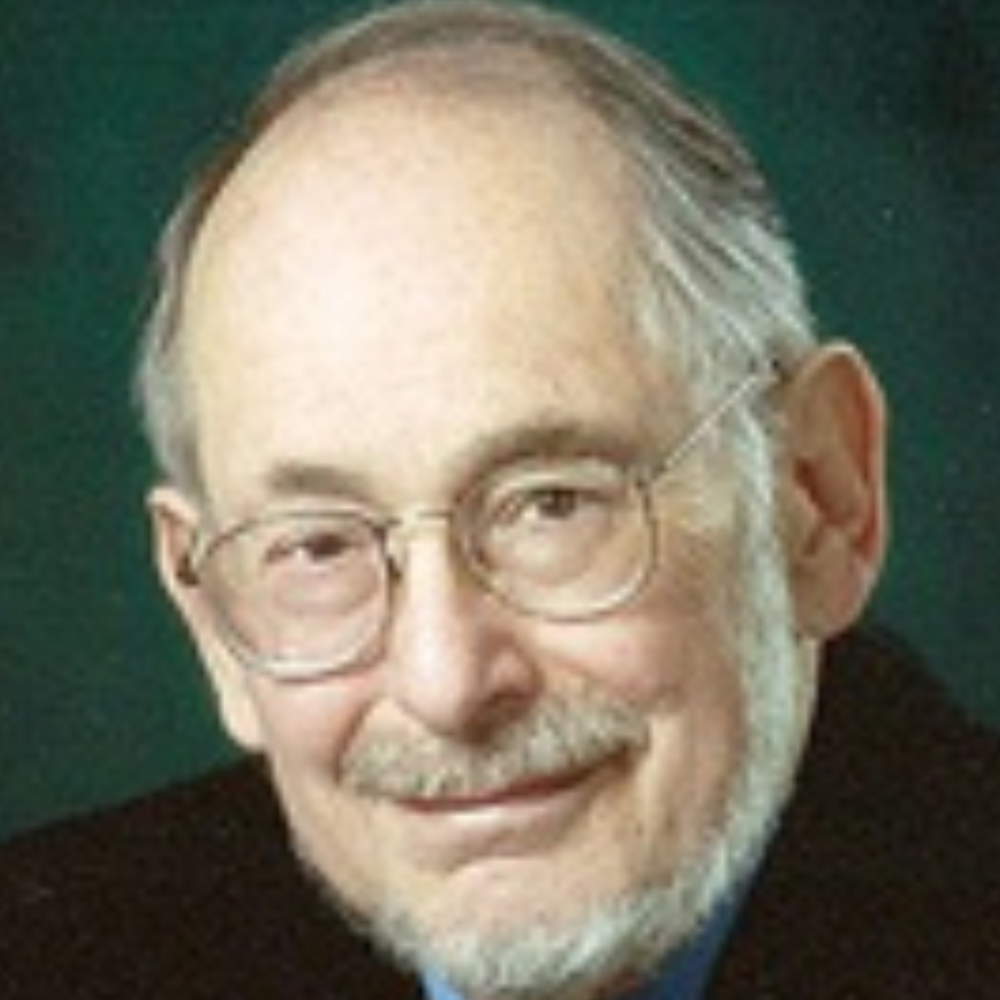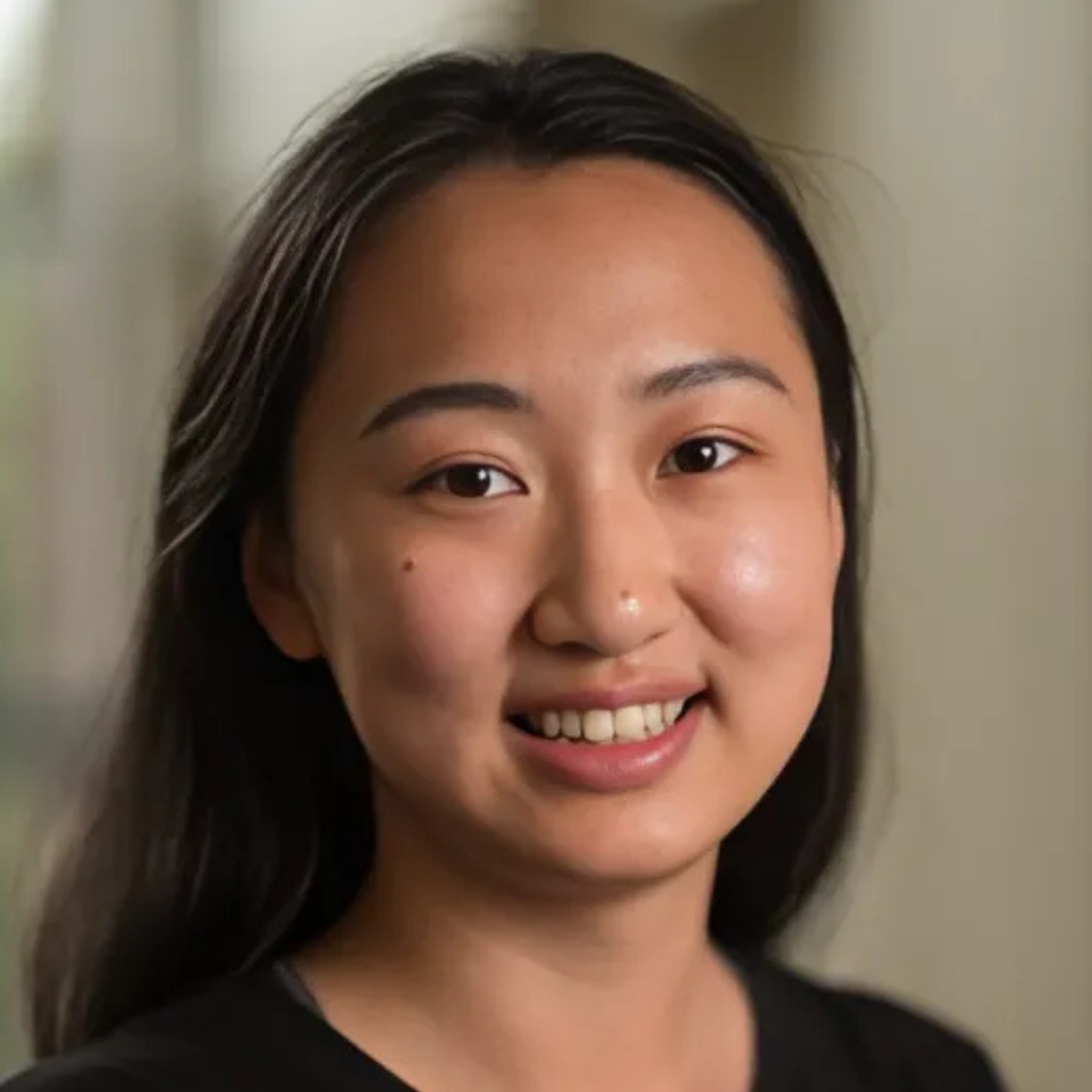
Funding Opportunities
Henry P. David Grant for Research in Human Reproductive Behavior & Population Studies
The American Psychological Foundation’s Henry David Fund was established to support young psychologists with a demonstrated interest in the behavioral aspects of human reproductive behavior or an area related to population concerns.
This program is no longer accepting applications for the 2026 program year.
The American Psychological Foundation’s Henry David Fund was established to support young psychologists with a demonstrated interest in the behavioral aspects of human reproductive behavior or an area related to population concerns.
The Research Grant provides $1,000 for support of ongoing research in behavioral aspects of population studies or human reproductive behavior.
Eligibility
APF encourages applicants from diverse backgrounds with respect to age, race, color, religion, creed, nationality, ability, sexual orientation, gender, and geography.
Applicants must:
- be graduate students conducting dissertation research or early career researchers no more than 10 years postdoctoral
- have demonstrated interest in human reproductive behavior or related population concerns
- Preference given to psychologists
Applications are open to applicants in all relevant disciplines who have a demonstrated psychological approach to their work, with preference given to psychologists
Application Instructions
Application Materials:
- project proposal
- CV
- two letters of recommendation
- essay demonstrating an active interest in human reproductive behavior or in population studies
Evaluation Criteria
Applications will be evaluated on:
- demonstrated Interest
- innovation and originality
- quality
- criticality of funding
For detailed application instructions including formatting and content, please create or log into your GivingData account and review the comprehensive application instructions in the portal. If you still need assistance after reviewing the portal, please contact APF Programs at programs@ampsychfdn.org.
Please be advised that APF does not provide feedback to applicants on their proposals.
Please review our program FAQs for important details on the application process.

Recent Recipient
Ran Yan
University of Michigan
“Hormonal Contraceptive Links to Brain Structure and Function Underlying Spatial Cognition”
Past Recipients
2025
Ran Yan, University of Michigan
“Hormonal Contraceptive Links to Brain Structure and Function Underlying Spatial Cognition”
2024
Hojeong Lee, University of California, Irvine
“Age Ration and Human Reproductive Behaviors”
2023
Jodie Lisenbee, University of North Carolina at Charlotte
“When Childbirth Progress Slows or Stalls: A Qualitative Examination of Decision-Making Processes Surrounding Labor Dystocia”
2022
Emily Munoz, University of Wisconsin, Milwaukee
“Culturally-specific risk and resilience factors that
moderate the relationship between reproductive
coercion and adverse health outcomes among Latinx
individuals”
2021
Jordan L. Thomas, University of California, Los Angeles
2020
Helen Mahony, University of South Florida
2019
Jose Yong, National University of Singapore
2018
Anna Strahm, North Dakota State University
2017
Haylee Deluca, Kent State University
2016
Mollie Anderson, University of Memphis
2015
Savannah Peters Geske, University of South Dakota
2014
Sophia Choukas-Bradley, University of North Carolina, Chapel Hill
Tierney Lorenz, PhD, Indiana University
2013
Lauren Levy, University of Iowa
2012
Katherine Tumlinson, University of North Carolina
2011
Michelle Leve, The New School for Social Research
Angelea Pirlott, Arizona State University
2010
No Grant Given
2009
Amy Conroy, University of Colorado, Denver
2008
Lisa Sara Rosenzweig, Columbia University
2007
No Grant Given
2006
Eva Bazant, John Hopkins Bloomberg School of Public Health
